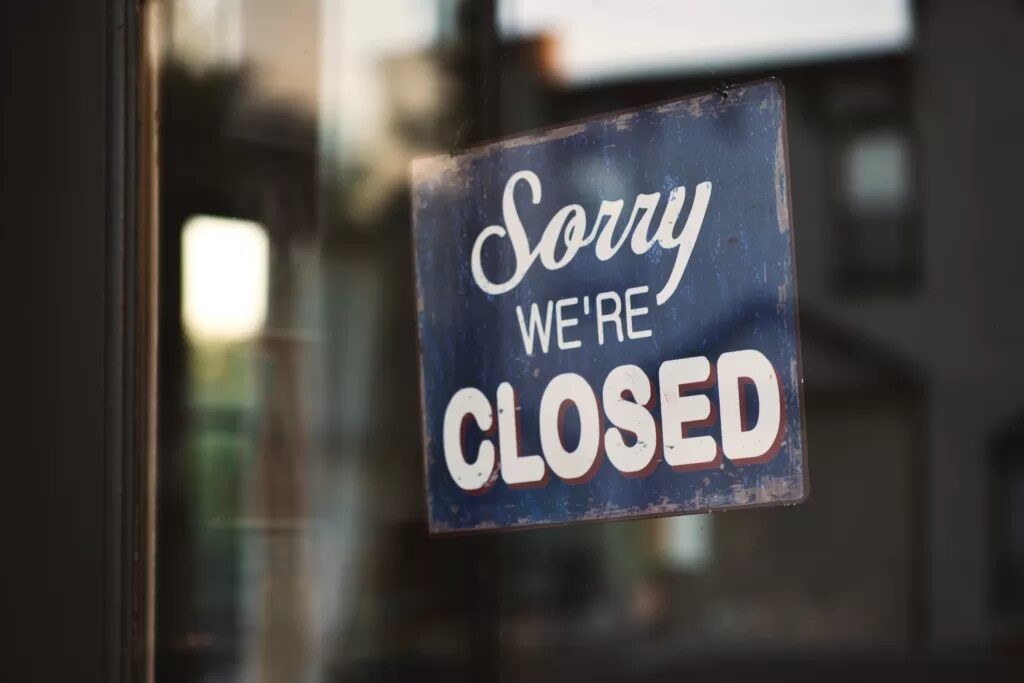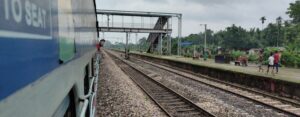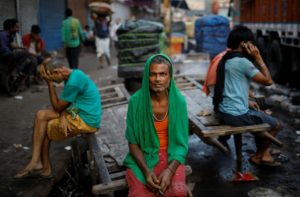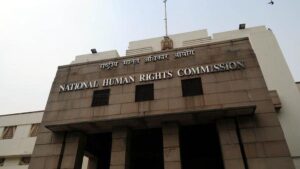This Is How We’ll Know If We’re In Recession

A recession happens when there is a slowdown of economic activity for a prolonged period. There is low demand for goods and services — consumers spend less — and this leads to a slowdown in production
Many developed economies have entered recession in recent weeks, with New Zealand the latest. Germany, Europe’s largest economy, went into recession in May.
A recession happens when there is a slowdown of economic activity for a prolonged period. There is low demand for goods and services — consumers spend less — and this leads to a slowdown in production.
Given the low demand, producers cut down production of goods and increase their inventories of unsold goods. A cut in production means workers are not needed and this increases unemployment or leads to a fall in income as workers are laid off or hired for fewer hours per week.
This causes a further reduction in demand as incomes are low, and the economy can get trapped in a low-income cycle that perpetuates itself.
While ups and downs in the economy happen all the time, a recession occurs when there is a slowdown of economic activity that lasts for at least a few months and is reflected in a slowdown in indicators like Gross Domestic Product, industrial production, wages and unemployment.
Recessions can happen due to disruptions in economic activity caused by events or a chain of events.
The COVID-19 pandemic caused a contraction of economic activity due to restrictions such as lockdowns and travel bans, and disruptions to supply chains and international trade on a worldwide scale.
At the end of 2008, the so-called ‘Global Financial Crisis‘ occurred due to excessive and risky lending, and consequently loan defaults in the US housing sector, which spilled over to the rest of the world due to global financial linkages between world economies.
Recessions can also occur after a period of inflation, as central banks increase interest rates to maintain low inflation targets and price stability, which is what has been happening in Australia.
If inflation is persistent, the successive and frequent interest rate increases that follow can increase the cost of borrowing, discouraging investments in new ventures by firms and spending by consumers, thereby leading to a slowdown of economic activity.
Recessions can last from anywhere between a few months to a few years, and longer ones are likely to have a long-term impact.
In longer recessions, the fall in investments by businesses diminishes the productive capacity of the economy and prolonged unemployment can cause a decline in job-related skills.
Younger people may opt out of higher education due to unaffordability, which can lead to reduction in the skills of the future workforce.
The psychological impact due to uncertain conditions and lack of job security can lead to poorer health. The poorer, disadvantaged sections of society are more adversely affected which can lead to social divisions and conflict.
However, a recession can have positives, acting as a catalyst for cost-reducing innovation and technological advancement.
The 2008 financial crisis led to the development of financial technologies and processes that replaced traditional banking models.
Governments can further encourage this through reforms aimed at making the economy more resilient to adverse shocks.
Businesses can become more prudent with their finances and risk-management, leading to greater stability in the long term.
In Australia, the high inflation rates and interest rate rises suggest a potential slowdown but there are other counteracting forces at play, with the global economy recovering, albeit gradually, from the pandemic.
As such it is hard to predict what might happen in the next 12 months.
(Published under Creative Commons from 360info.org. Read the original article here)





